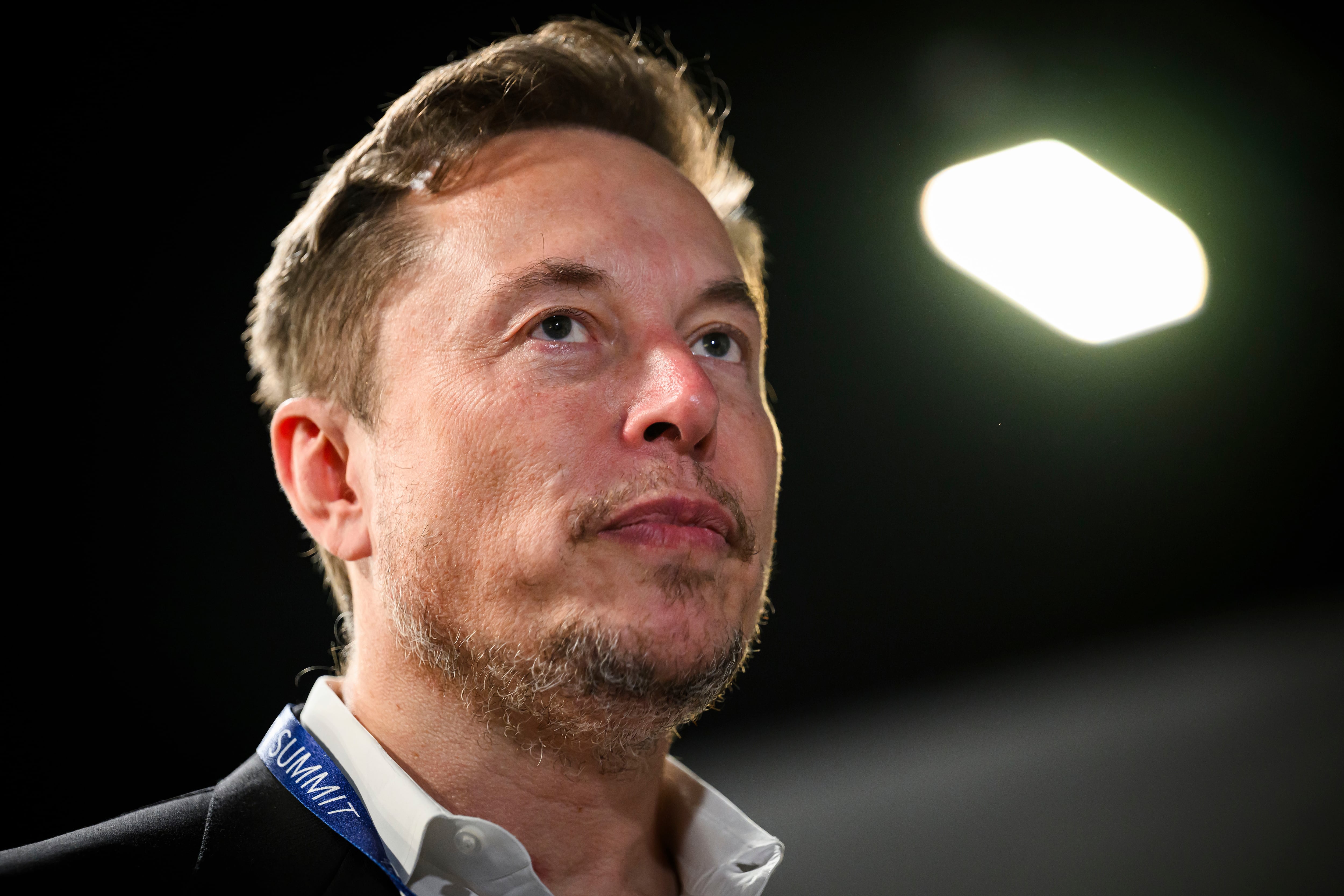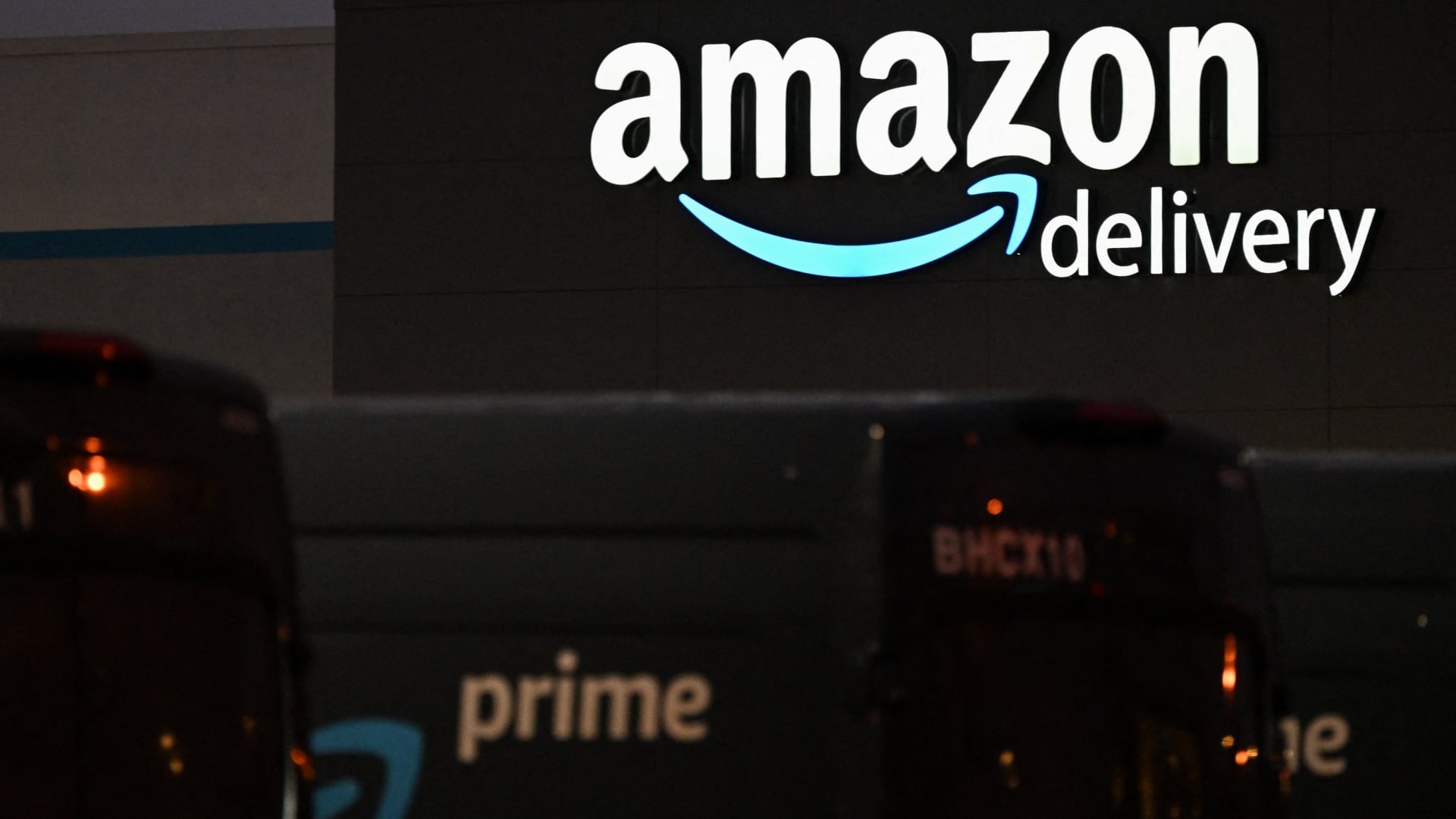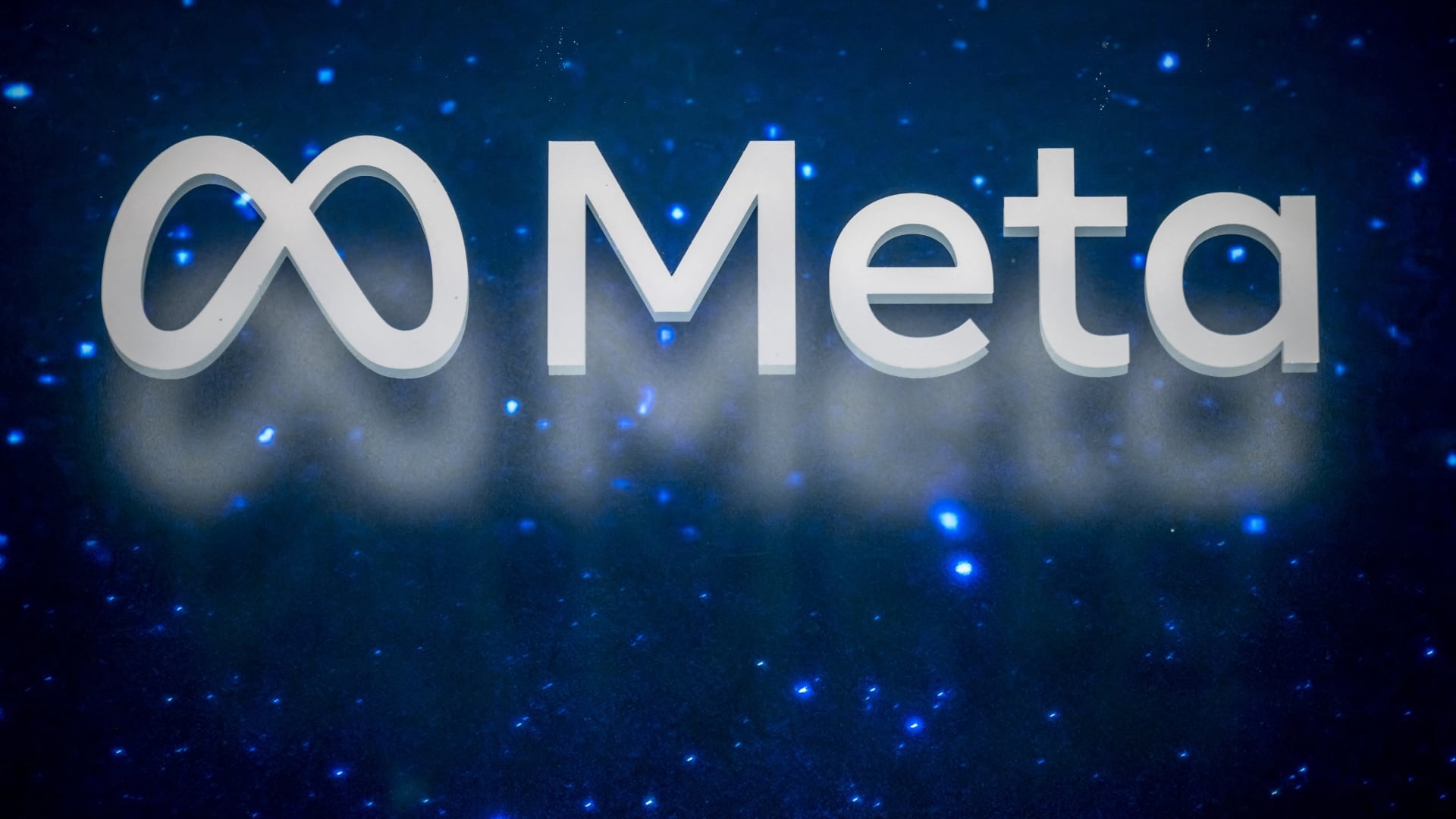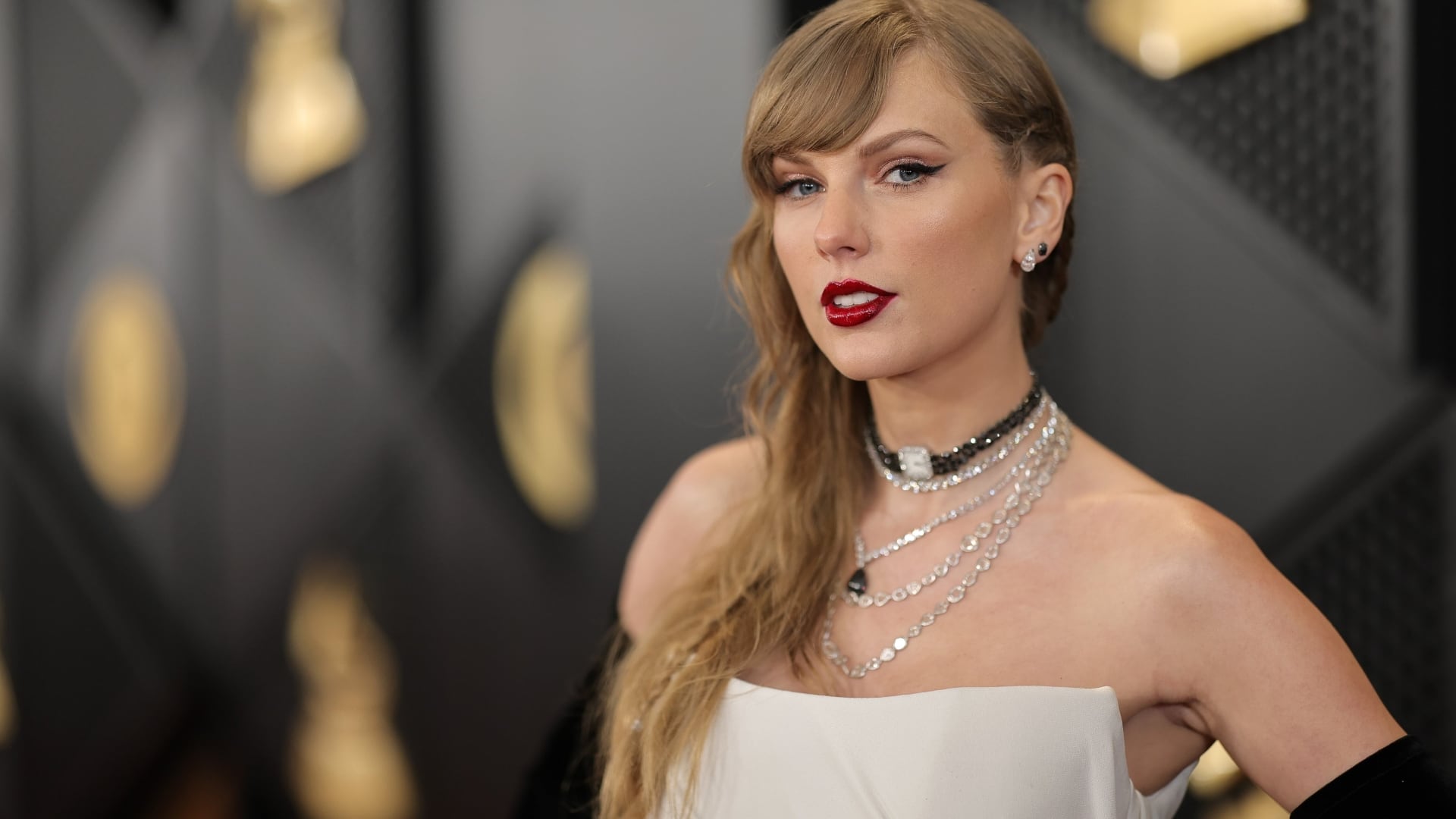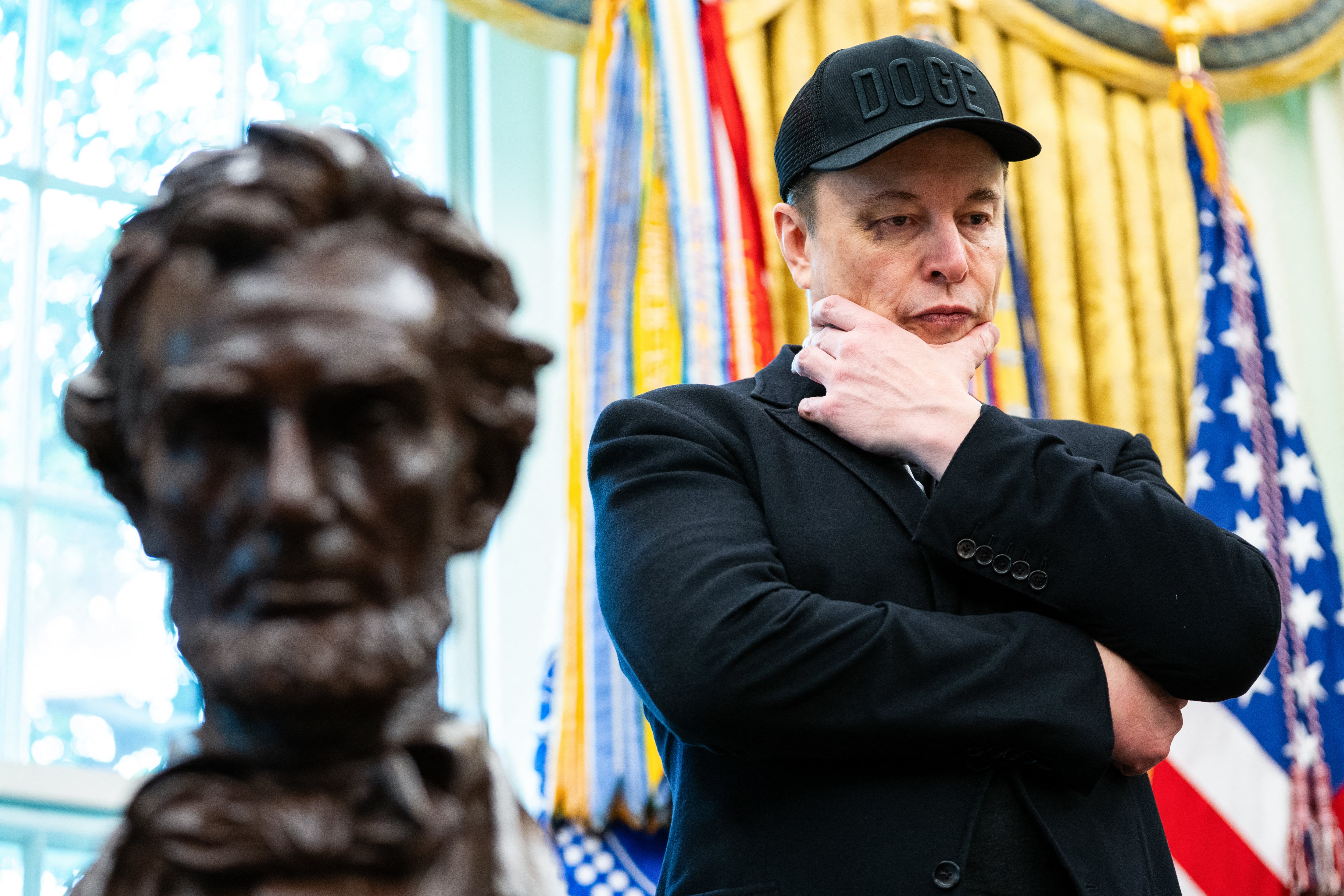*By Amanda Weston* Roku's new content partnership with Showtime, Starz, and other premium channels is "just the beginning" of a greater expansion into paid content, the company's VP of programming and engagement told Cheddar Thursday. Roku [announced Wednesday](https://newsroom.roku.com/press-release/press-releases-usa/roku-adds-premium-subscriptions-roku-channel) it is expanding The Roku Channel to include "premium subscriptions." The new content is in addition to the more than 10,000 free ad-supported movies and TV episodes already available. Users can browse, try out, and subscribe to popular services. "We continue to have a really robust offering of just free ad-supported content within The Roku Channel," Rob Holmes, VP of programming and engagement at Roku, told Cheddar Thursday. "But we recognized that there's also a lot of great subscription content out there. And so our goal is really to try to make it as easy as possible for users to find great content on the platform, and we knew that this was another part of the experience that we could bring to it." Holmes said the expansion is also "a great opportunity for partners." "The Roku Channel right now is one of the top five most popular channels on the Roku platform," Holmes said. "We have a lot of users, a lot of usage, and so for these partners the opportunity for them was to engage with our user base and to be able to make it easier for users to discover them, to sort of browse and understand what those services were, to see all the great content that's available inside of them, and then to make it really simple for them to sign up." Roku also announced a development in mobile. Its app will soon let users watch content from The Roku Channel anytime and anywhere within the U.S. For full interview [click here](https://cheddar.com/videos/roku-users-can-now-explore-showtime-starz-and-more).
